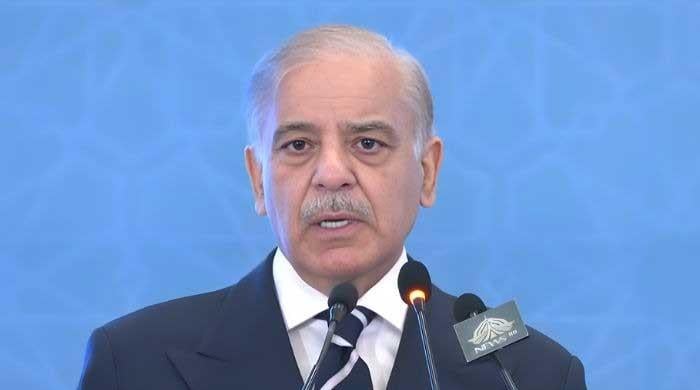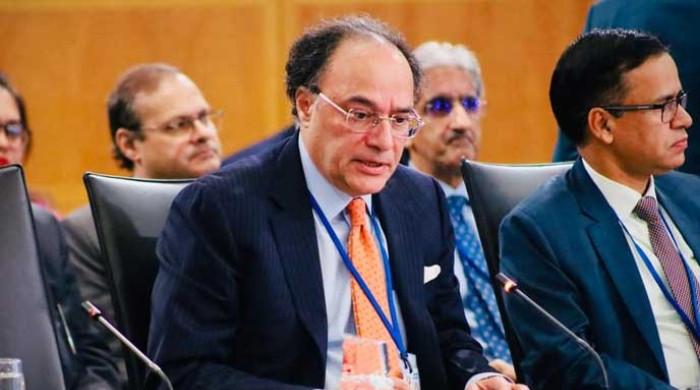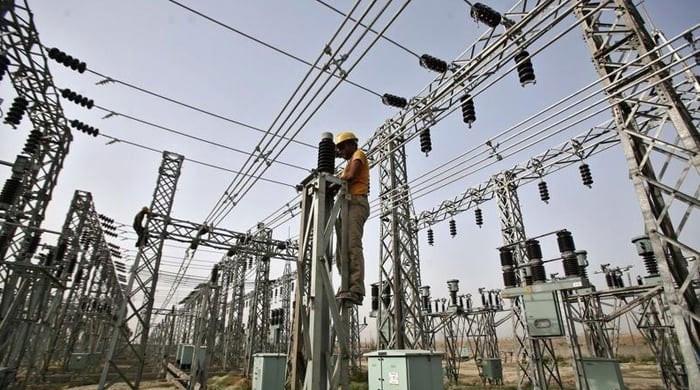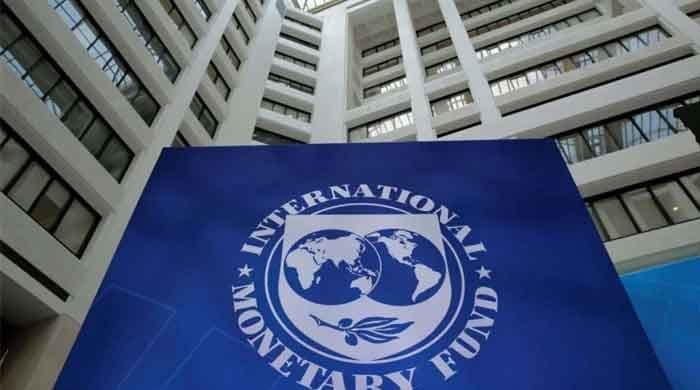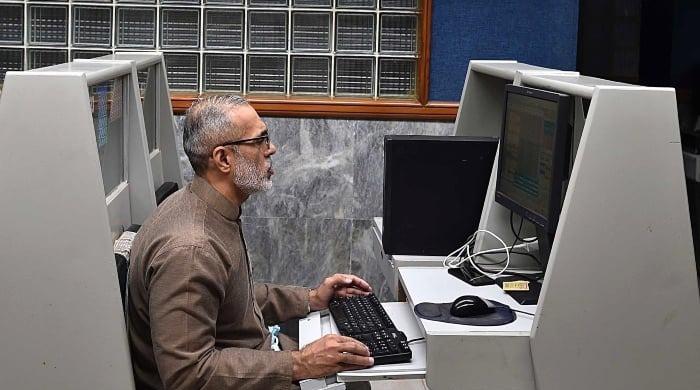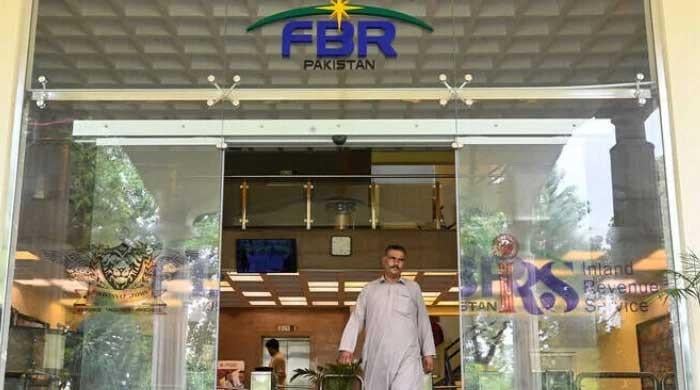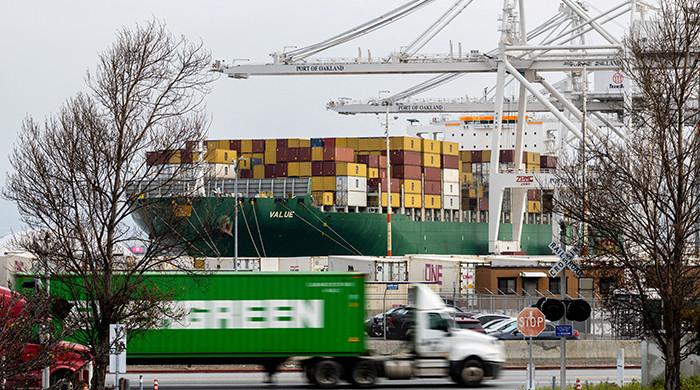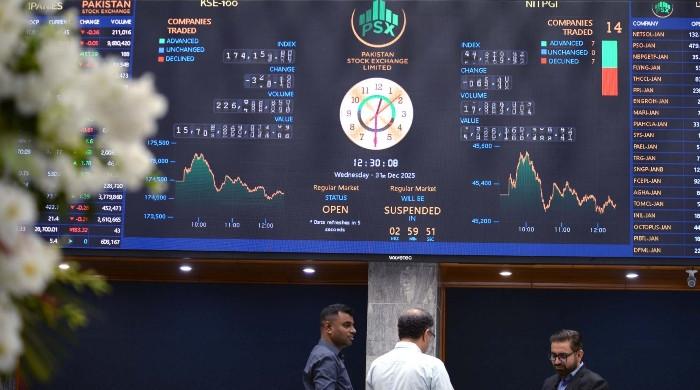Pakistan asks IMF to revise FBR's tax collection target
FBR asks for downward revision in target in the wake of massive decline in imports
February 25, 2020
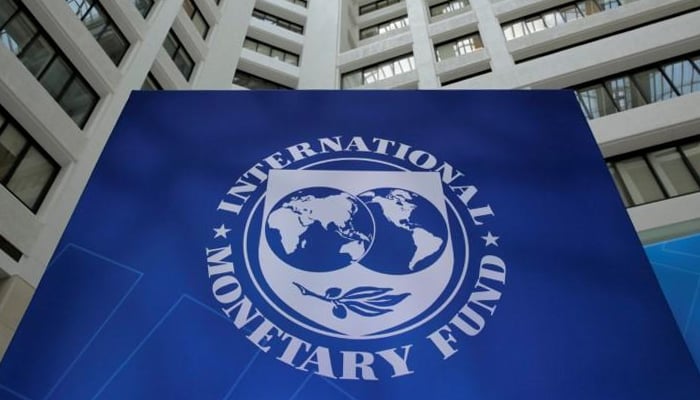
ISLAMABAD: Pakistan has shared data of import compression with the International Monetary Fund (IMF) and requested to revise the annual tax collection target of the Federal Board of Revenue (FBR) keeping in view reduction in overall imports, reported The News on Tuesday.
The Federal Board of Revenue (FBR) asked for the downward revision in its target from Rs5.238 trillion to Rs4.8 trillion in the wake of massive decline in imports to the tune of around $5.5 billion in first seven months of the current fiscal year.
“Pakistan and the IMF team held tele-conference twice last week, but so far both sides could not narrow down their differences," official sources said while talking to The News on Monday. For striking staff level agreement, both sides are expected to hold more deliberations in next couple of weeks.
Also read: IMF warns of negative impact of coronavirus on Pakistan's economy
The IMF insists that the FBR must achieve its once revised target from Rs5.5 trillion to Rs5.238 trillion to ensure effective fiscal management of the country. In the tele-conference last week, the FBR shared complete import data with the IMF to demonstrate the decline in imports.
The overall compression of imports stood in the range of $5.5 billion, and such a level of decline in imports should be calculated to revise downward the tax collection target for the current fiscal year, said official sources at the revenue body.
The News reported that it is the wish of the FBR that its target should be revised downward from Rs5.238 trillion to maximum Rs4.8 trillion. Another stumbling block in the way for evolving consensus on prescription of IMF is related to hiking tariff of energy utilities, especially electricity and gas.
Also read: Pakistan met performance criteria, completed structural benchmarks: IMF
Stumbling blocks, upcoming meeting
The PTI led regime has finalised its strategy to freeze power tariff till June 2020. On gas tariff, the controversy lingers over inclusion of arrears of RLNG as it is not yet decided whether the subsidy amount of past arrears to the tune of Rs19 billion will be taken into existing accounts or charged from consumers.
For striking staff level agreement, both sides still possess a time frame of at least two weeks for narrowing down differences because the IMF staff requires 4 to 6 weeks period for preparation of report and circulating before the Executive Board members for getting approval of second review and release of third tranche worth $452 million.
The timely rollover of Chinese loan is another stumbling block in the way for evolving staff level agreement. The spring meetings of Breton Wood Institutions (WBIs) such as the IMF and World Bank, are scheduled to take place in Washington DC from April 13 to 19, 2020.
Also read: Talks with IMF delegation focused on fiscal adjustments
It will give opportunity to Pakistan’s Adviser to PM on Finance Dr Abdul Hafeez Shaikh, and Governor SBP Dr Reza Baqir, to break ice if both sides remain unable to sort out differences over next 6 to 7 weeks period. The best available choice is to find out middle ground for striking staff level agreement maximum by second week of March 2020, say experts.
Originally published in The News




